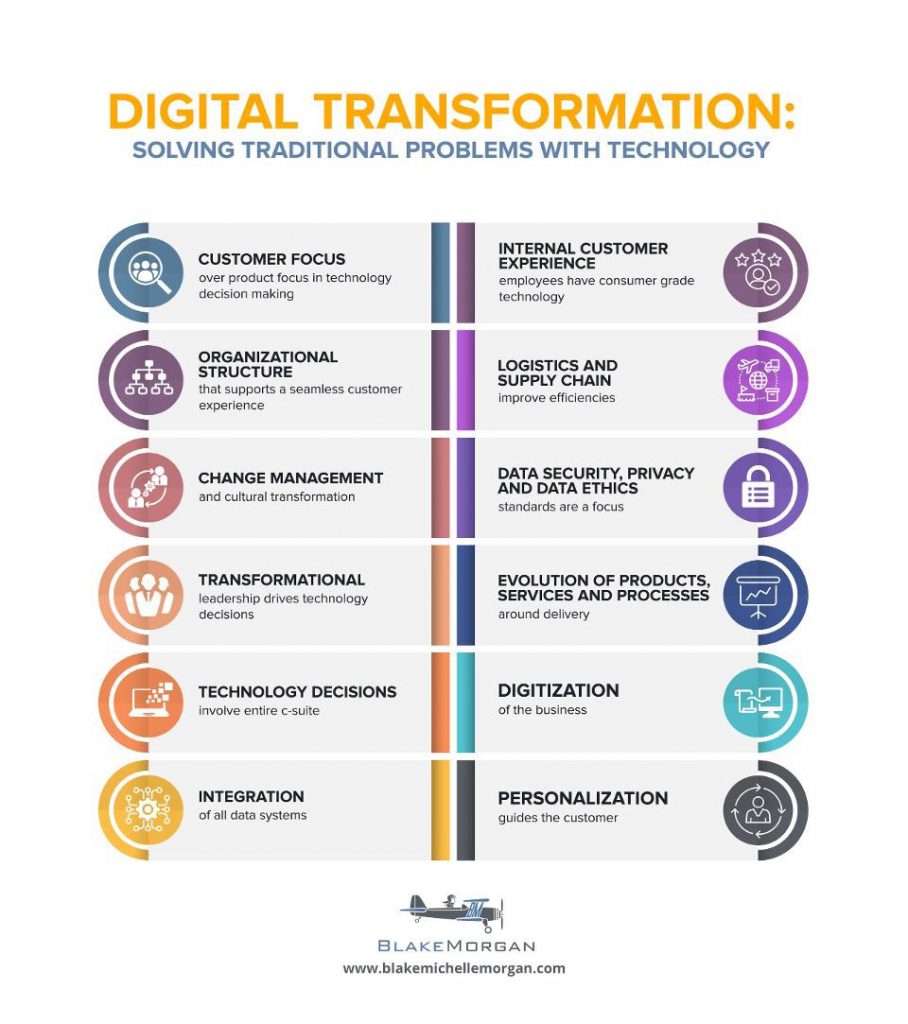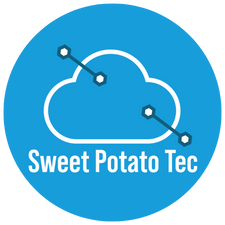In the age of rapid adoption of new tech tools, it becomes important for one to adapt and evolve during these times of change. The last 3 months had brought in the digital transformation what the industry was trying for the last couple of years. As per a Forbes article, already, 70% of companies had digital transformation in place or were working on one, but it seems most companies were not far enough along to make Covid-19 a non-issue.
I indeed wrote an article on COVID 19 and the digital transformation in my LinkedIn page. Now after 3 months, looking into various aspects of digital transformation and its impact of personal mastery, I felt to share my viewpoints on the same.
This blog will drive and address personal mastery and digital transformation in the following standpoints
- Digital adoption in certain industries
- Impact of employees towards the digital adoption
- Personal mastery towards evolving digital economy
Let’s start with the most relatable industry to our reader, the Information Technology industry…
1. Information Technology
With sudden Work from Home (WFH), coming in to play, most of the organizations in IT industry were forced to adopt this. Being in IT, they have to showcase their adoption quicker than other industries. A cloud first company, i.e a product or a service provider company whose work is completely dependent on a cloud environment were quick to move. Followed by the other companies. However, the ones they swiftly moved are their communication and collaboration platforms.
This is where the initial hurdles started to come up. Though, Work from home, was quick to adopt, the challenge was effective time management and the new slang of the time “Zoom fatigue”. Being continuously online, either on video call or conference call, employees started to feel tiredness and they slowly started to realize the productivity was actually going down day by day. The Work from Home is a framework that needs to be adopted.
The below digital transformation image is a reference from Forbes article.

The simple reason is when an individual feels they have too much time in hand and they start to plan all ambitious task to do in the same time. It’s like one trying to learn a new course online like python development, then planning to learn about leadership, in parallel trying to learn so music instrument or anything do with their hobbies or passion. When these multiple things play along with the regular WFH model, one brain is constantly in a kind of elevated communication, while in actual there is no firm work that’s happening.
This is similar to have a buffet of variety of foods and really not knowing to enjoy the one that’s tasty. The simple reason is narrowing down one’s focus. Choose your stage, where you are in this transformation. Are you in visionary, or envision or execution stage?
“The secret to genius is not genetics but daily ritual married with perseverance”
The best way to do, follow the theory of filtration. List down all your aspirations from certification to your hobbies. Then give a priority value say from 1-5 (1 be low impact value, while 5 be high impact value). Now, relate the activity, as how it would impact your near time future or your long-term goal.
Now, take only two, one for the near time future, one for long term goal. This shall enable you to focus and develop the skills in right direction.
2. Travel and tourism
This is an industry which got affected the most. Though, the industry runs online from ticket booking to hotel booking etc, what led to massive impact is the industry runs on an important factor called as experience. Though experience-based technology solutions like Virtual reality or Augmented reality are still evolving. This had an impact on the employees too. With sudden closure of certain business segments impacted the employees to a large extent. There were redundancies. This raises a question about how this industry can adapt as well as the employees.
Reference: Image by Free-Photos from Pixabay
Being an experience driven industry, the first and foremost is preparing themselves for an online as well as virtual presence. The business should upgrade or redevelop their portal or website which can give them more of content driven (dynamic /video contents) rather than static content. Use the social media platforms to share your uniqueness.
“Don’t go with mass, then you would be one among the other social presence.”
Start to build a unique virtual experience of certain portfolio of your business. Release those experiences, through some ecommerce platforms as an experience, rather than as content share.
The above can be one of the evolution components for the travel and tourism industry. The employees depending upon their role can become experience ambassadors. Let’s assume a hotel receptionist can better explain customer handling of different nationalities, how effectively he or she manages. They can use the online platform, to build content, share those contents as well as work as experience ambassadors on the free lance platforms. The most important this is knowing – What you want to do?
Probably, an airhostess who got laid off, during this period, can look at building an experience portfolio. They can start of use social media for sharing their content, collaborate with their colleagues together, start a podcast, blogging platforms or email list.
“The best investment you will ever make is investing in your best self.” – Robin Sharma
In both the above scenario’s within IT as well as Travel and tourism, personal mastery is about the discipline of focusing one’s vision and continuously evolving. It’s about perseverance with patience towards one’s goal.


